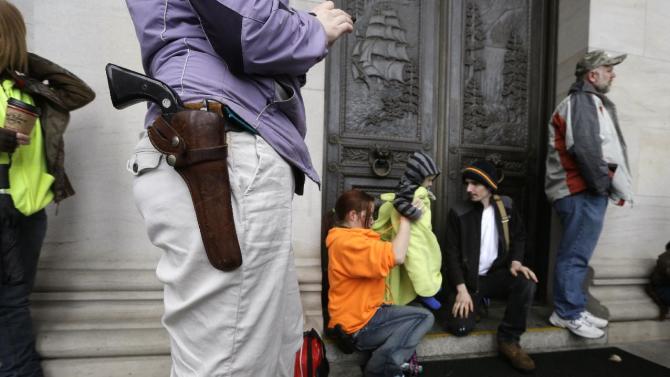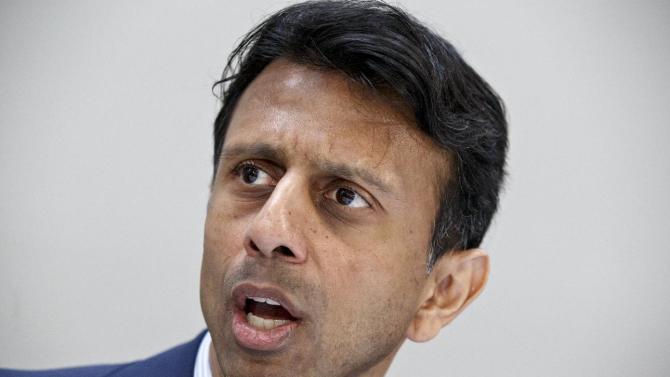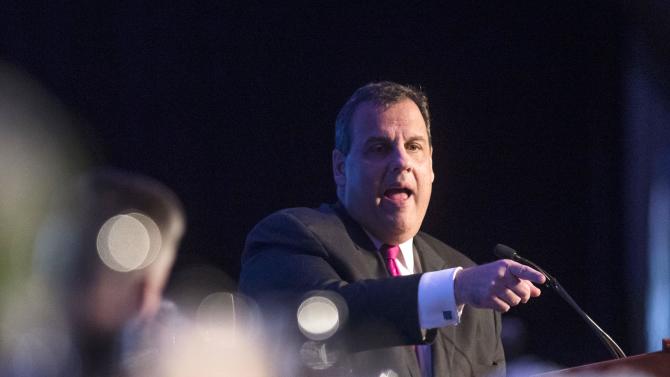Glenn Beck says he is no longer a member of the Republican Party.
“I’ve made my decision — I’m out," Beck said on his radio show Wednesday, according to Mediaite.com. "I’m out of the Republican Party. I am not a Republican; I will not give a dime to the Republican Party. I’m out.”
The former Fox News host and founder of the Blaze supported the GOP during the last election cycle but has become disillusioned with the party in recent years over what he believes was its failure to stand up to the Obama administration — specifically, the Affordable Care Act and immigration reform.
“Four years ago I was with them," Beck said. "Four years ago I said, ‘Work from the inside, let’s change it, let’s get new guys in there.’"
But those efforts have proved futile, he said.
“They’re torpedoing the Constitution, and they’re doing it knowingly,” Beck said. “They’re taking on people like Mike Lee and Ted Cruz and they are torpedoing them. Knowingly. And these guys are standing for the Constitution.”
He added: "It's too late."
The GOP isn't the only group Beck is fed up with. Last week, Beck threatened to quit the National Rifle Association if it doesn't cut ties with Grover Norquist after one of his guests, Frank Gaffney, accused Norquist of being connected with the Muslim Brotherhood.
"If this man is elected, or re-elected, and confirmed on the board of the NRA, I may drop my membership in the NRA," Beck told listeners and viewers of his show. "I am that concerned that he is a very bad influence and a very bad man that, if this is who the NRA decides to put on their board of directors, I don't think I can be associated with them."











